

Reporter/su xiling
What are the differences between Chinese and foreign group enterprises in management mode, and what can we learn from each other?
Exhibition enterprises, especially group enterprises, how to benefit from management? What problems does the management of group enterprises mainly face?
Where is the new growth point of China's exhibition market?
How to view the power of capital correctly? What are the new problems facing enterprises that have been listed or listed?
What changes have taken place in the subject and content of m&a of exhibition projects?
What do you think of the phenomenon of cross-border exhibition in recent years? Will it be a big boost to the trend or industry?
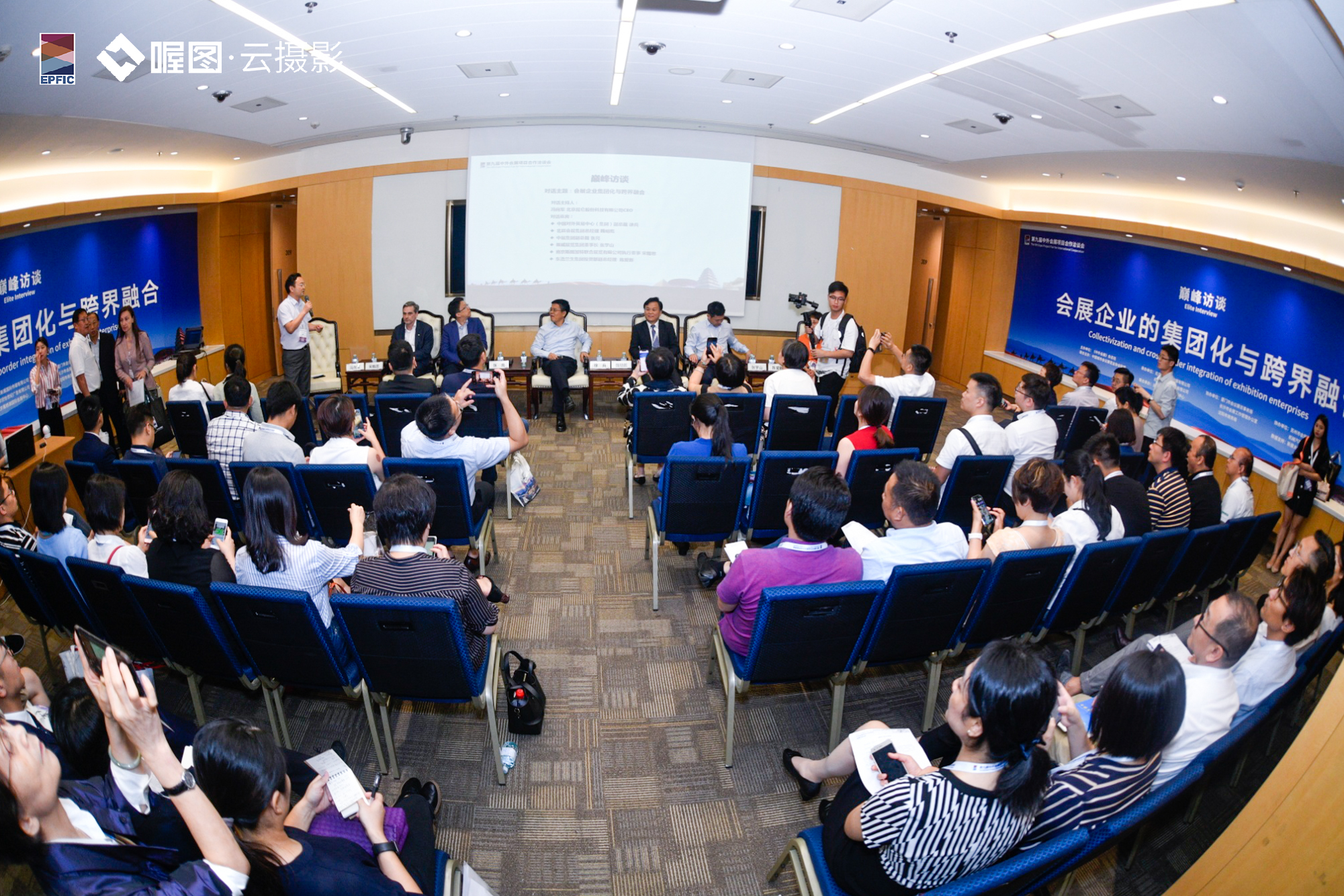
On July 3rd, the B2B communication and negotiation activity of exhibition industry sponsored by Chinese and foreign exhibition magazines was grandly opened in Beijing yanqi lake international exhibition center. One of the highlights BBS "peak interview" held as scheduled. This summit interview invited well-known representatives from all sectors of the industry to conduct in-depth discussions on the above industry focus topics.
moderator
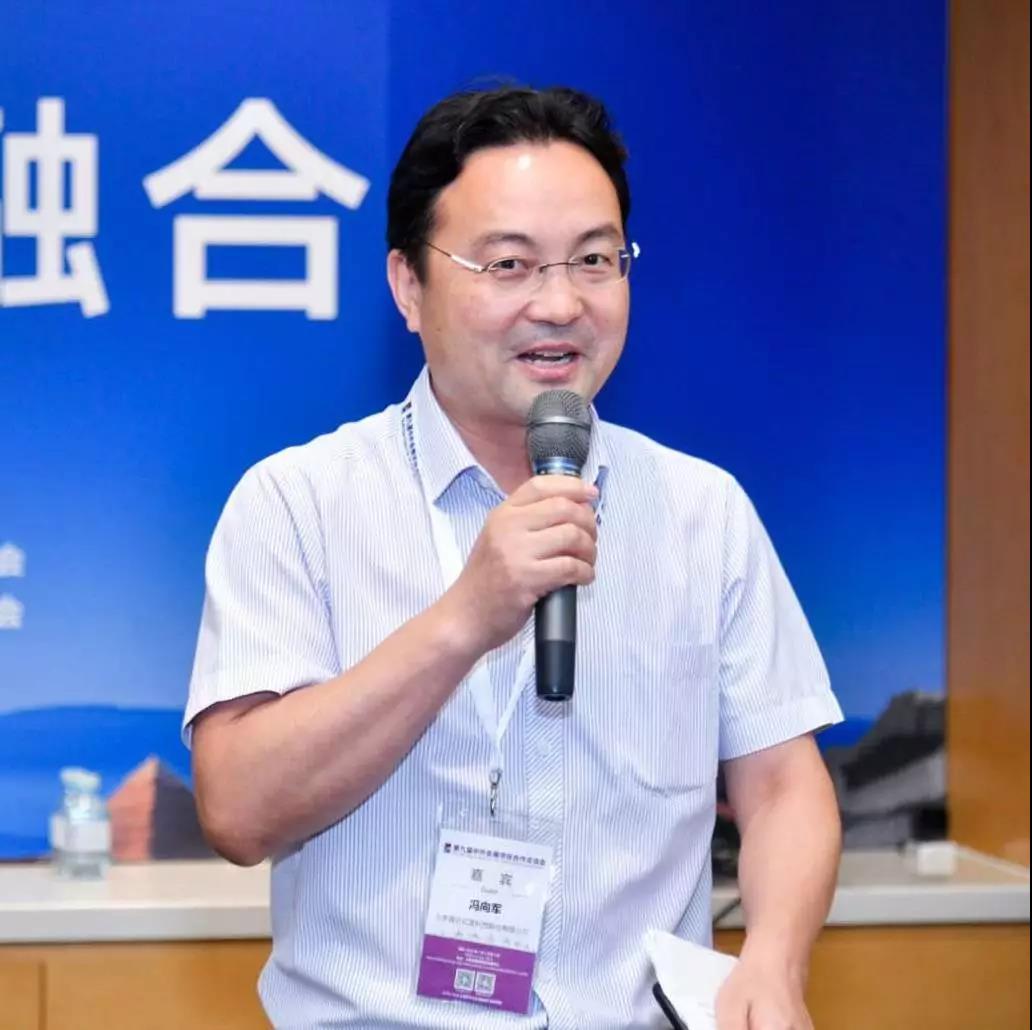
Leon feng
CEO of Beijing kunlun technology co., LTD
Dialogue guest

Xu Bing
Vice President, China foreign trade center (group)
The management culture of exhibition enterprises is rooted in national culture. For example, the management of Japanese exhibition enterprises is characterized by "harmony culture" and centralization. Such management concepts are often incorporated into the training content of enterprises.
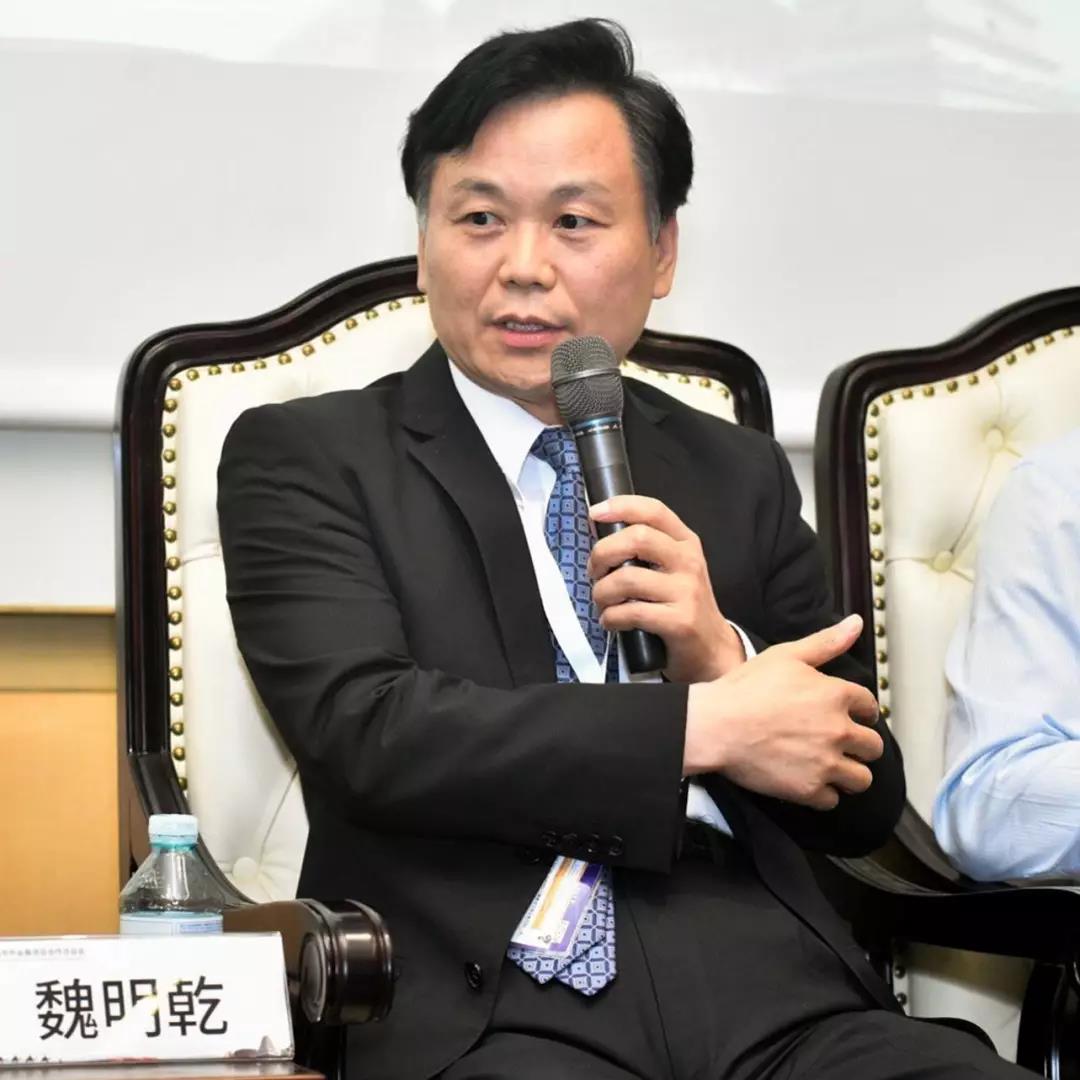
Wei Mingqan
General manager of beichen exhibition group
The group development of enterprises can be divided into two directions: horizontal expansion and vertical expansion. In this process, we should pay attention to the cultivation of competitiveness in the industry. It is difficult to be an exhibition group, and it is even more difficult to be an exhibition group. However, brand construction, platform construction, standardization construction, and industry research are needed to enhance the competitiveness of an exhibition group.
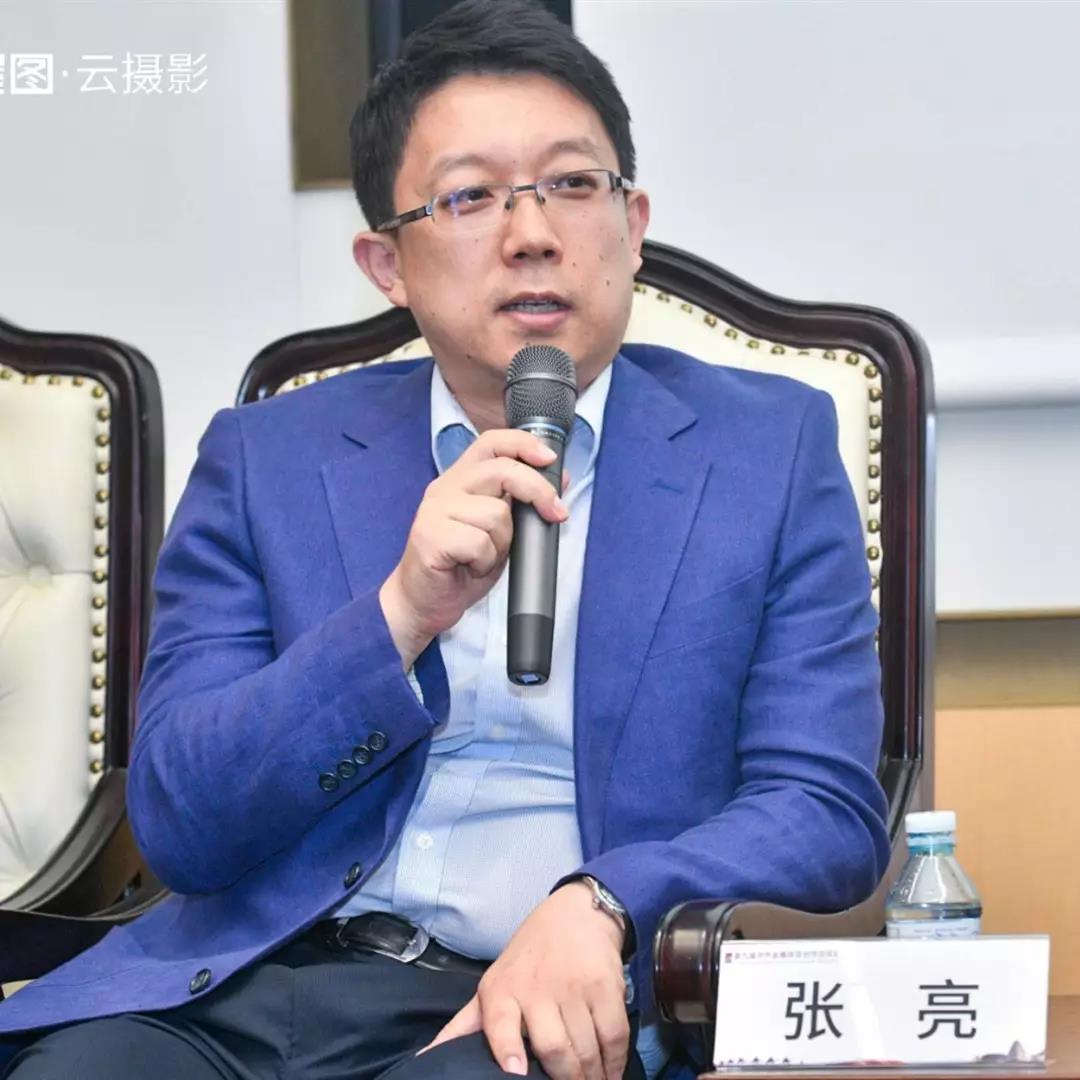
Zhang liang
Vice President of China development group
In the exhibition industry, the business development of state-owned enterprises is sometimes restricted by multiple factors such as system and system. For example, in the m&a of exhibition projects, the use of capital and the outsourcing of some specific businesses, state-owned enterprises may be less flexible than private enterprises. All these factors require large state-owned exhibition groups to think and make breakthroughs.
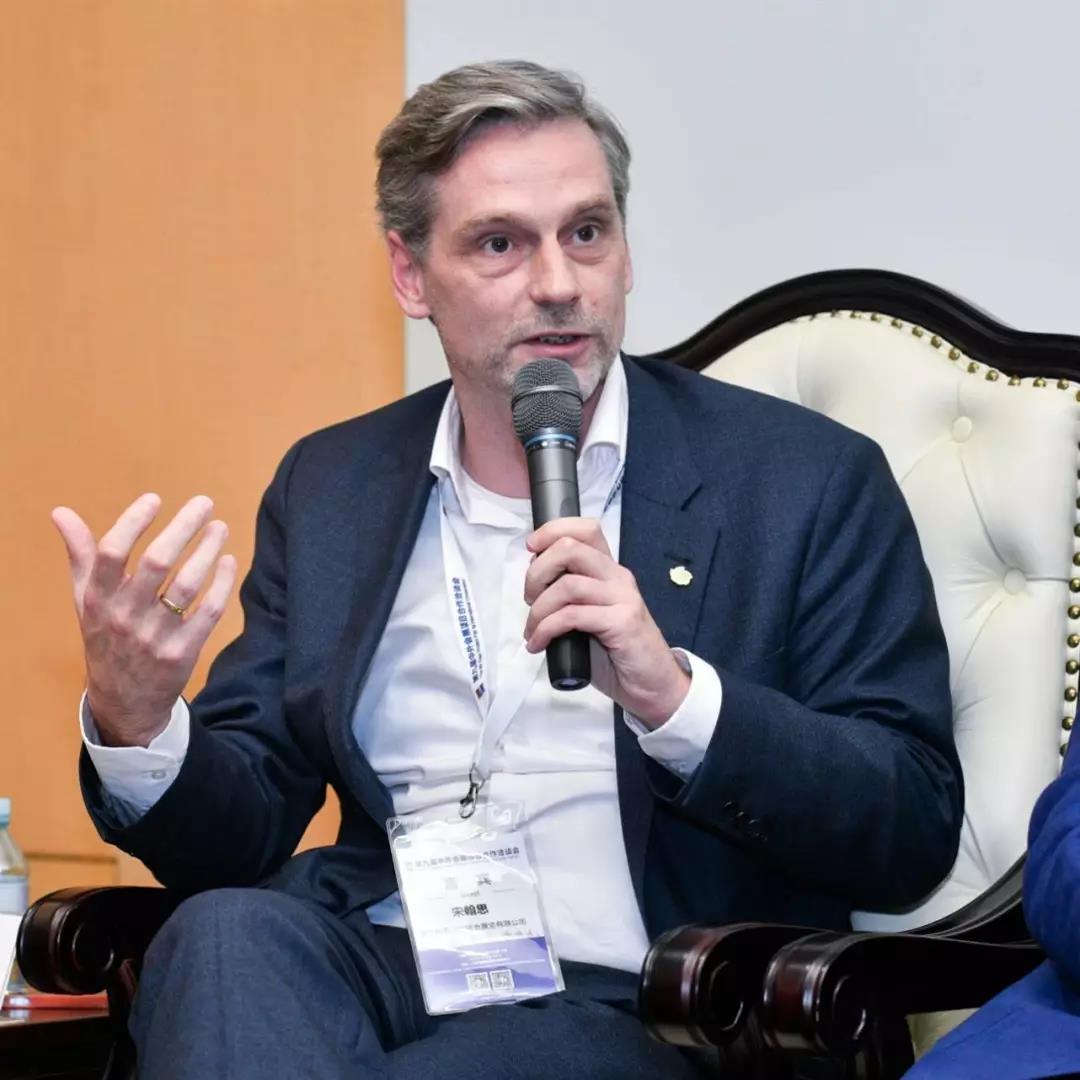
Song Hansi
Executive director of nanjing Stuttgart united exhibition co., LTD
The management mode of exhibition enterprises in various countries has its own characteristics. Under the German system, for example, state-owned exhibition companies have to report almost all operational details to the government; In the UK and the us, shareholders pay more attention to the final financial statements and results, which are mainly results-oriented. Foreign-funded exhibition enterprises that develop in China will get the best benefits if they can combine the local Chinese model.
moderator
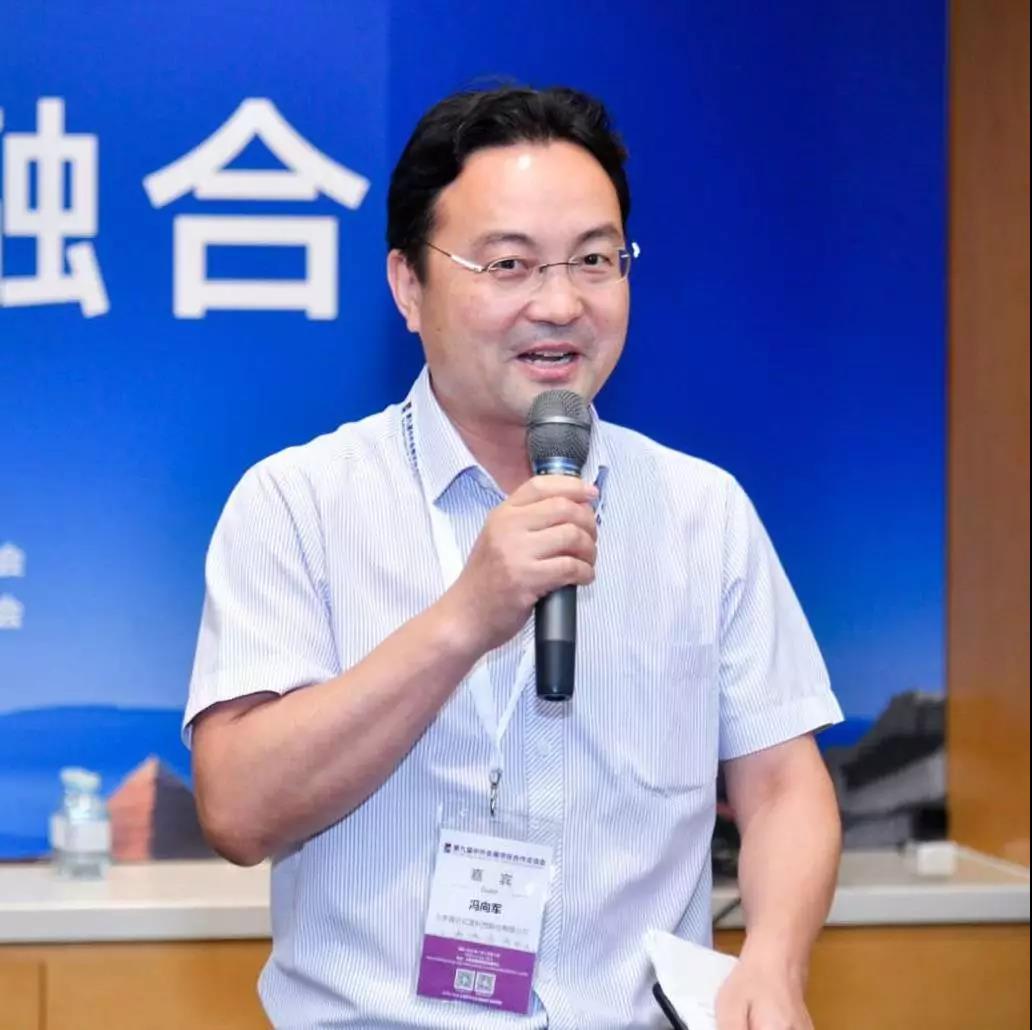
Leon feng
CEO of Beijing kunlun technology co., LTD
Dialogue guest
Xu Bing
Vice President, China foreign trade center (group)
Any trade show should serve to facilitate transactions. The exhibition industry is small at present, but has great development space. China's exhibition market is highly developed and fully competitive. I expect that in 20 or 30 years, the Chinese exhibition market will be bigger. There will be more new host organizations, new exhibition themes emerge in endlessly, and second - and third-tier exhibition cities continue to exert their strength... All these will inject new growth momentum into the market.
Wei Minggan
General manager of beichen exhibition group
"Fast fish eat slow fish" and "big fish eat small fish" are the main trends in the development of the exhibition industry in the future. Exhibition enterprises should study the path of rapid development and have the sense of urgency of development and innovation.
Zhang liang
Vice President of China development group
Conferences and exhibitions go hand in hand with the development of the industries they serve. The development of any industry cannot do without the platform function of conference and exhibition. On the other hand, in the future, with the progress of technology, the specific forms of conferences and exhibitions may be constantly innovated, and the organizers need to closely observe.
Xue-shan zhang
Chairman of zhenwei exhibition group
Exhibition enterprises should first improve their industry competitiveness, the important thing is not the quantity but the quality of the project, excellent exhibition project net profit is very high. We see that Britain, Germany, the United States and other economic powers are strong exhibition, China's overall economy has been developing, exhibition industry has a lot of room for development. In addition, various regions and new industries will also bring new exhibition opportunities. All in all, the development of China's exhibition market is very optimistic.
Chen Aixin
Deputy general manager of investment department of donghaolansheng group
Existing organizers subdivide exhibition themes, or enter the market quickly through merger and acquisition projects, emerging organizers hold new theme exhibitions, and exhibition enterprises constantly innovate by absorbing capital... All these will bring new growth factors to the market.
Song Hansi
Executive director of nanjing Stuttgart united exhibition co., LTD
In the past 20 to 30 years and in the future, China has been a favored exhibition market for international organizers, which is largely due to the stable overall political and economic environment in China. In some countries, the economic and political situation is extremely unstable, which is not conducive to the long-term development of exhibition enterprises. In addition, exhibition organizers should follow the development of the industry they serve so as not to experience the sudden disappearance of exhibition projects. It is worth noting that foreign companies will give priority to first-tier exhibition cities such as Shanghai, and there is little chance for them to establish themselves in second-tier and third-tier cities.